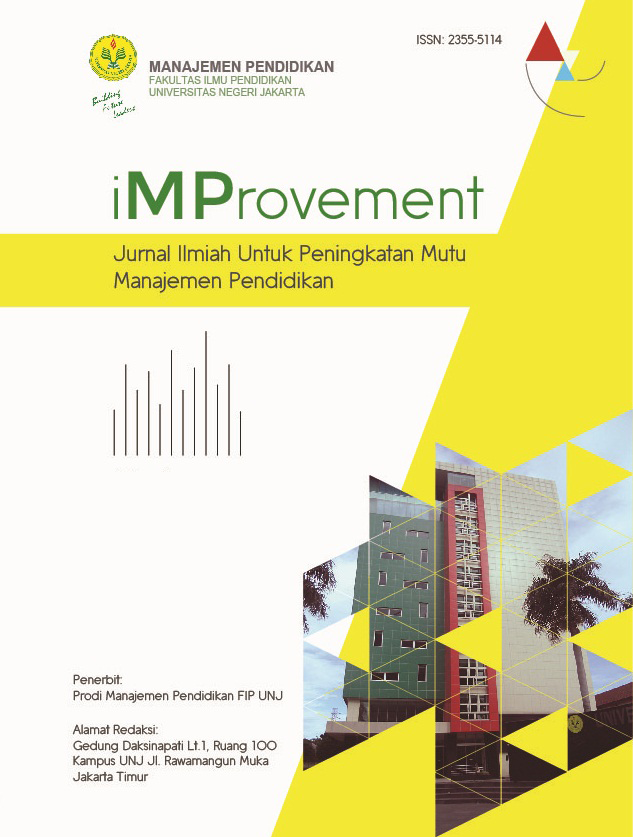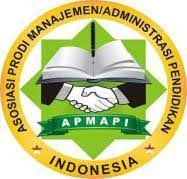School Entrepreneurship Management for Public Elementary School Principals
DOI:
https://doi.org/10.21009/improvement.v9i2.30229Keywords:
management, entrepreneurship, principals, elementary schoolsAbstract
Elementary school administration is an activity to support the success of the quality of education in elementary schools. The scope of school administration activities includes the management of official letters and school archives. The management of official letters and archives in elementary schools is carried out by the principal assisted by a school operator. Their ability to manage official letters and school archives is still very lacking. Efforts to improve the capacity of principals and elementary school administration personnel can be given training on the management of official letters and school archives. The object (target audience) of the training activity was 25 heads of elementary schools in Pulo Gadung sub-district. The partners involved are the Tribe of the Education Office Region I of the East Jakarta Administration City. The training has been carried out for a day on Monday, August 15, 2022 via virtual with zoom cloud metting. The training materials consist of: entrepreneurship and entrepreneurship education in schools; the role of the principal in entrepreneurship; and primary school entrepreneurship management. The three materials were delivered by 3 lecturers of the Education Management study program FIP UNJ with lectures, questions and answers and assignments. The results of the training were very satisfying for the participants and the organizing committee, because all the material had been delivered well and was very useful for all training participants.Downloads
Published
How to Cite
Issue
Section
License
Copyright (c) 2022 Unifah Rosyidi, Neti Karnati, Rugaiyah Rugaiyah

This work is licensed under a Creative Commons Attribution-NonCommercial-ShareAlike 4.0 International License.
Authors who publish with this Journal agree to the following terms:
- Author retain copyright and grant the journal right of first publication with the work simultaneously licensed under a creative commons attribution licensethat allow others to share the work within an acknowledgement of the work’s authorship and initial publication of this journal.
- Authors are able to enter into separate, additional contractual arrangementfor the non-exclusive distribution of the journal’s published version of the work (e.g. acknowledgement of its initial publication in this journal).
- Authors are permitted and encouraged to post their work online(e.g. in institutional repositories or on their websites) prior to and during the submission process, as it can lead to productive exchanges, as well as earlier and greater citation of published works.
-
Users/public use of this website will be licensed to CC BY-NC-SA (Attribution & Non-Commercial-ShareAlike)



